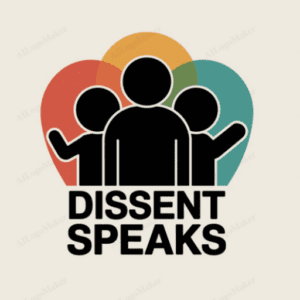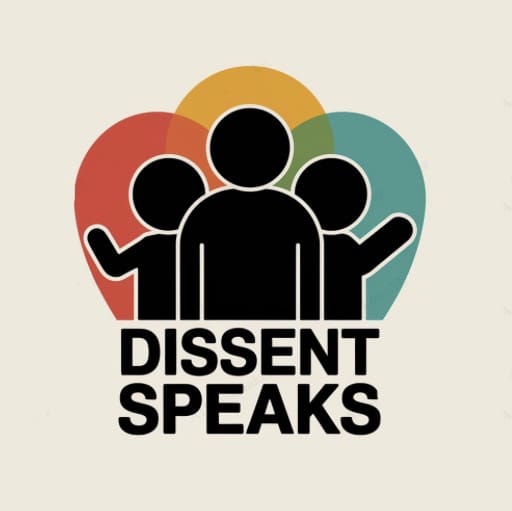On January 28, 2025, President Donald Trump signed an executive order that fundamentally alters access to gender-affirming care for transgender youth across the United States — a Trans Ban. The order, titled “Protecting Children from Chemical and Surgical Mutilation,” represents one of the most sweeping federal actions targeting transgender healthcare to date, with far-reaching implications for healthcare providers, families, and most critically, transgender youth themselves.
Understanding the Order’s Scope and Language
The executive order employs notably charged language that medical experts say mischaracterizes established healthcare practices. It refers to standard gender-affirming treatments as “chemical and surgical mutilation” – terminology that medical organizations note deliberately misrepresents evidence-based care supported by major medical associations including the American Medical Association and American Academy of Pediatrics.
Key provisions of the order include:
- Prohibiting federal funding for gender-affirming care for anyone under 19 years old
- Requiring medical institutions receiving federal grants to cease providing gender-affirming care to minors
- Directing the removal of gender-affirming care coverage from federal health insurance programs including TRICARE
- Mandating reviews of existing medical literature while dismissing current medical consensus
- Encouraging legal action against healthcare providers
Immediate and Long-Term Impacts
Healthcare Access Crisis
The order’s most immediate effect will be severely restricting access to gender-affirming care for transgender youth who rely on federal programs like Medicaid or TRICARE. Healthcare providers warn this could trigger a public health crisis, as research consistently shows that access to gender-affirming care significantly reduces rates of depression, anxiety, and suicide among transgender youth.
Medical professionals emphasize that the order’s characterization of these treatments as “experimental” contradicts decades of clinical evidence. Puberty blockers, for instance, have been safely used for various medical conditions for over 30 years. The order’s framing of such treatments as “irreversible” overlooks that many aspects of gender-affirming care are temporary or reversible, with permanent surgical procedures rarely performed on minors.
Medical Community Impact
Healthcare providers face an impossible choice between following evidence-based medical guidelines and risking federal funding or legal action. The order creates particular challenges for:
- Teaching hospitals relying on federal research grants
- Rural healthcare facilities serving transgender youth through federal programs
- Medical schools training future providers in comprehensive care
- Mental health professionals supporting transgender youth
Broader Societal Effects
The order’s impacts extend beyond immediate healthcare access:
- Increased stigmatization of transgender individuals through official government policy
- Potential emboldening of state-level restrictions on transgender rights
- Creation of healthcare disparities disproportionately affecting low-income families
- Risk of forcing families to seek underground or out-of-state care
Legal and Constitutional Questions
Legal experts identify several vulnerable aspects of the order that may face court challenges:
- Potential violations of the Affordable Care Act’s non-discrimination provisions
- Constitutional questions about executive authority over medical practice
- Equal protection concerns under the 14th Amendment
- Conflicts with state laws protecting access to gender-affirming care
Taking Action: What You Can Do
Immediate Support for Affected Families
- Financial Assistance
- Contribute to organizations providing emergency grants for families seeking care
- Support mutual aid networks helping families access care across state lines
- Donate to legal defense funds challenging the order
- Resource Connection
- Share information about states maintaining access to care
- Connect families with LGBTQ+ support organizations
- Help locate mental health resources and crisis support
Advocacy and Education
- Political Action
- Contact your congressional representatives
- Support state-level legislation protecting gender-affirming care
- Engage in local government meetings and school board discussions
- Public Education
- Share accurate medical information about gender-affirming care
- Amplify voices of transgender individuals and their families
- Counter misinformation with evidence-based resources
Legal and Professional Support
- For Healthcare Providers
- Document impacts on patient care
- Connect with legal resources for healthcare facilities
- Join professional organizations advocating for evidence-based care
- For Legal Professionals
- Offer pro bono services to affected families
- Support organizations filing legal challenges
- Help draft amicus briefs
Key Organizations Providing Support
- The Trevor Project: Crisis intervention and suicide prevention
- National Center for Transgender Equality: Policy advocacy and resources
- ACLU LGBTQ Rights Project: Legal support and advocacy
- PFLAG: Family support and education
- Trans Lifeline: Direct support and crisis intervention
Looking Forward
While the executive order presents significant challenges, history shows that coordinated resistance to discriminatory policies can be effective. Success requires sustained effort across multiple fronts:
- Legal challenges to block implementation
- Legislative efforts to protect rights at state and federal levels
- Community organizing to support affected families
- Public education to maintain support for evidence-based care
- Professional advocacy to preserve medical standards
The medical community maintains that gender-affirming care saves lives. As challenges to this care continue, supporting affected youth and families while working to preserve access to essential healthcare remains crucial. Through coordinated action, communities can work to mitigate the order’s harmful effects while building toward more inclusive healthcare policies.
Resources for Further Information
Organizations providing up-to-date information and support:
- American Civil Liberties Union (ACLU)
- Lambda Legal
- National Center for Transgender Equality
- GLSEN
- Human Rights Campaign
Medical organizations offering evidence-based information:
- American Medical Association
- American Academy of Pediatrics
- World Professional Association for Transgender Health
- American Psychological Association
Remember: While this executive order presents significant challenges, there are many organizations and individuals working to protect access to essential healthcare. Your support and involvement can make a meaningful difference in this ongoing effort.


